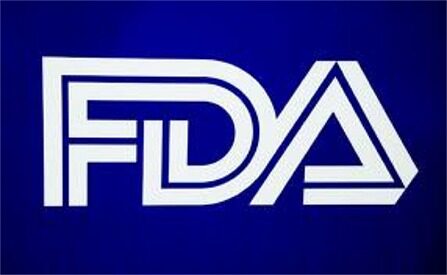The statement opens by acknowledging that technology has altered the way we eat: We’ve moved away from eating locally and are now eating from around the world, and grocery delivery is stepping up. And, they say, things will keep changing: “We expect to see more innovation in the agriculture, food production, and food distribution systems in the next 10 years than we’ve seen in the past 20.”
The New Era of Smarter Food Safety, the statement says, is intended to augment FDA’s efforts implementing Food Safety Modernization Act (FSMA) requirements, with the help of new and emerging technologies. FDA will develop a Blueprint for this initiative, which will address traceability, digital technologies, and evolving food business models.
- Traceability: According to the announcement, many in the food system utilize a paper-based system of “taking one step forward to identify where the food has gone and one step back to identify the source.” Looking to other industries, the FDA intends to explore digital tracking technologies utilized by ride sharing and packaged good delivery businesses in the hopes of reducing the time it takes to trace contaminated food to its source to a matter of minutes, instead of days or weeks.
- Digital Technologies: FDA will also look into the use of technology for creating a more transparent food system, for customers as well as regulators, the release says. Technology could help consumers access information about where their foods come from, how they’re produced, and if the food is the subject of an ongoing recall. FDA plans to “conduct a new pilot that will leverage artificial intelligence and machine learning to explore new ways to enhance the agency’s review of foods at ports of entry,” so as to address the ever-increasing number of import food lines.
- Evolving Food Business Models: The statement notes that there are new methods and new problems in terms of the way food gets from farm to home. Packaging materials and temperature control approaches are changing, and “last mile” delivery is gaining traction. All of these things require consideration in the regulatory framework. The Blueprint will discuss “areas for collaboration in this space,” the release says, as FDA works to find the appropriate level of regulation.
Yiannas,in a tweet,echoed the sentiment, and added: “We’re excited about holding a public meeting later this year to learn more about what others are doing to create a smarter, safer food system. Together, we CAN create a safer, smarter, & more traceable food system.”
Details on a public meeting have not yet been released, but according to the press release, it will be a way for FDA to seek stakeholder input and share ideas on overall strategy and specific initiatives.










